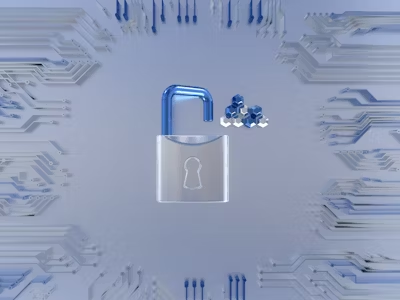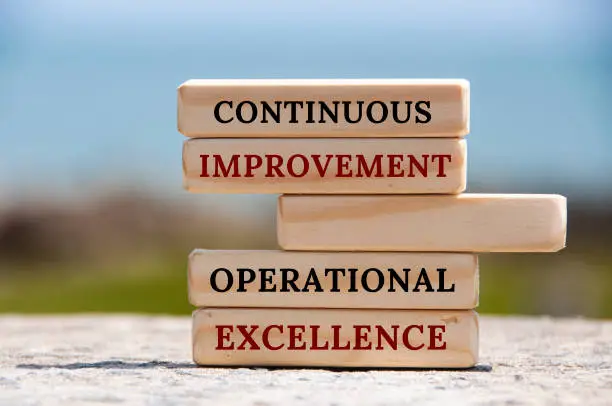The use of digital technologies in education has changed how students engage with and learn from instructional information in recent years. The modern nation of Latvia, which places a strong focus on education, has expressed a strong interest in creating digital learning platforms. To develop a digital education platform in Latvia, this article seeks to give a thorough overview of the important factors that need to be taken into account.

Understanding the educational ecosystem
It is essential to obtain a thorough grasp of Latvia’s educational ecosystem before establishing a digital education platform there. The national curriculum, educational policies, and any particular requirements or recommendations established by the Ministry of Education and Science are all included in this.
Infrastructure and connectivity
For the successful implementation of a digital education platform, a trustworthy and stable technological infrastructure is crucial. Ascertain that the network architecture, software, and hardware required to provide a seamless learning experience are in place. Take into account elements like internet connectivity, device accessibility, and compatibility with multiple operating systems and devices that students and teachers frequently use.
Content development and curation
The success of an online education platform depends on the creation and curation of high-quality instructional content. Create interesting and dynamic content that adheres to the national curriculum standards by working with subject matter experts, educators, and curriculum specialists. Consider curating current digital resources as well to complement the platform’s content offerings and give a variety of learning options.
Personalized learning and adaptive assessment
Digital education platforms have the advantage of allowing for personalized learning and adaptive assessment for each learner. Utilize assessment tools and adaptive learning technology that can adjust assessments and content based on student’s skills, limitations, and learning preferences. This strategy guarantees that students receive individualized guidance and support, which enhances learning outcomes.
Teacher training and support
Training and assistance for teachers is essential for their successful use of the online learning environment. To assist instructors in utilizing the platform’s features, incorporating technology into their lesson plans, and tracking student success, offer thorough training sessions. There should also be possibilities for ongoing professional development and technical support to address any platform-related issues or updates.
Data privacy and security
Maintaining stringent data privacy and security safeguards is crucial while collecting and storing sensitive student data. To protect student information, abide by applicable data privacy laws and rules in Latvia, such as the General Data Privacy Regulation (GDPR). To guard against data breaches and illegal access, implement strong data encryption, user authentication techniques, and frequent security audits.
Multilingual support
Given Latvia’s linguistic diversity, make sure the online learning environment supports a variety of languages, especially Latvian and Russian, which are the two most commonly used in the nation. Offer multilingual material, user interfaces, and communication tools to accommodate students and teachers with various language backgrounds.
Integration with existing systems
Take into account how well the digital education platform integrates with Latvia’s current educational systems and technologies to encourage adoption and seamless integration. This covers learning management systems, student information systems, and other educational software utilized in classrooms. Data exchange between platforms can be facilitated by integration, which can simplify administrative procedures.
Collaboration and communication tools
Integrate elements like discussion forums, chat features, and real-time messaging within the online education platform to promote efficient collaboration and communication between students, teachers, and parents. These tools encourage a sense of community and facilitate easy communication and feedback sharing, improving the entire learning process.
Continuous evaluation and improvement
Continually assess the success of the online education environment by gathering input from users, including students, teachers, and other stakeholders. Utilize this feedback to pinpoint areas that may be improved and put the appropriate changes and improvements into place to meet changing educational needs. Adopt an iterative strategy to make sure the platform stays current and adapts to the shifting educational landscape.
Conclusion
It is important to carefully evaluate several elements before establishing a digital learning platform in Latvia, from infrastructure and content creation to privacy and teacher assistance. Education stakeholders may provide a strong and efficient digital educational environment that improves educational outcomes and equips students for the requirements of the digital age by taking these crucial factors into account.
You can also find these articles helpful
Engineering and Metalworking market overview in Latvia
Required licenses for Information and Communication business in Latvia
Starting an Education Business in Latvia







